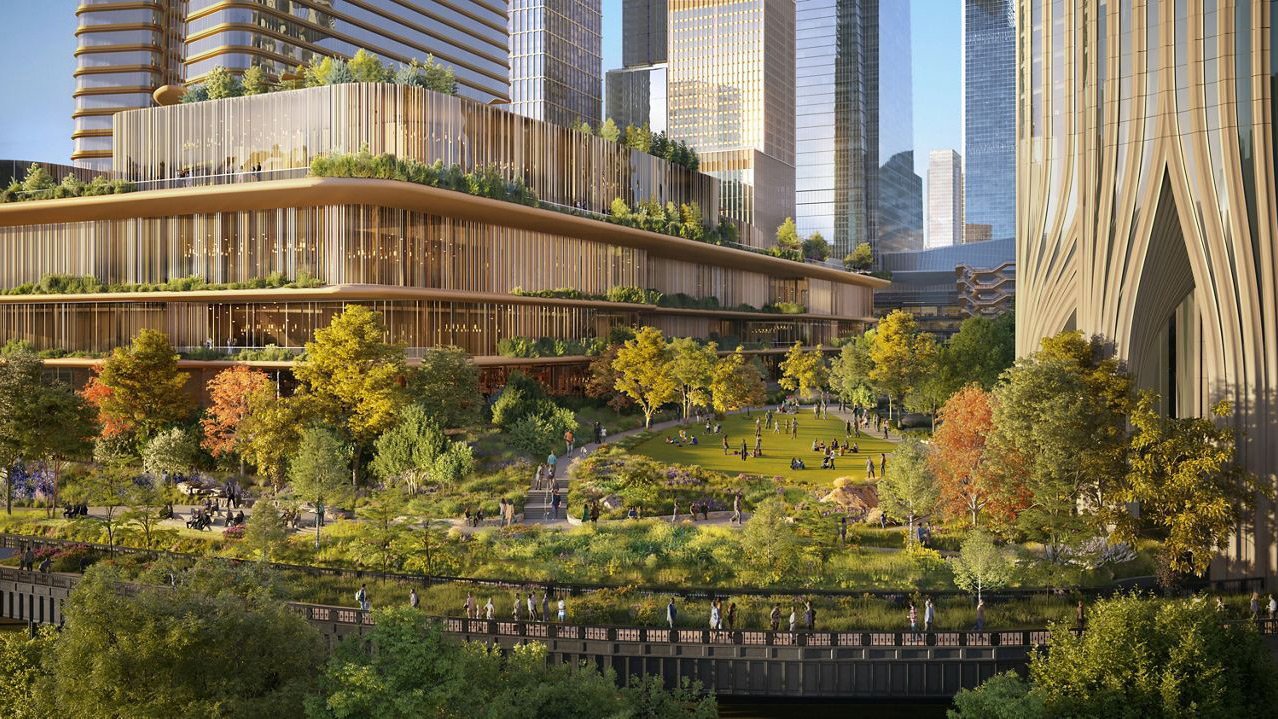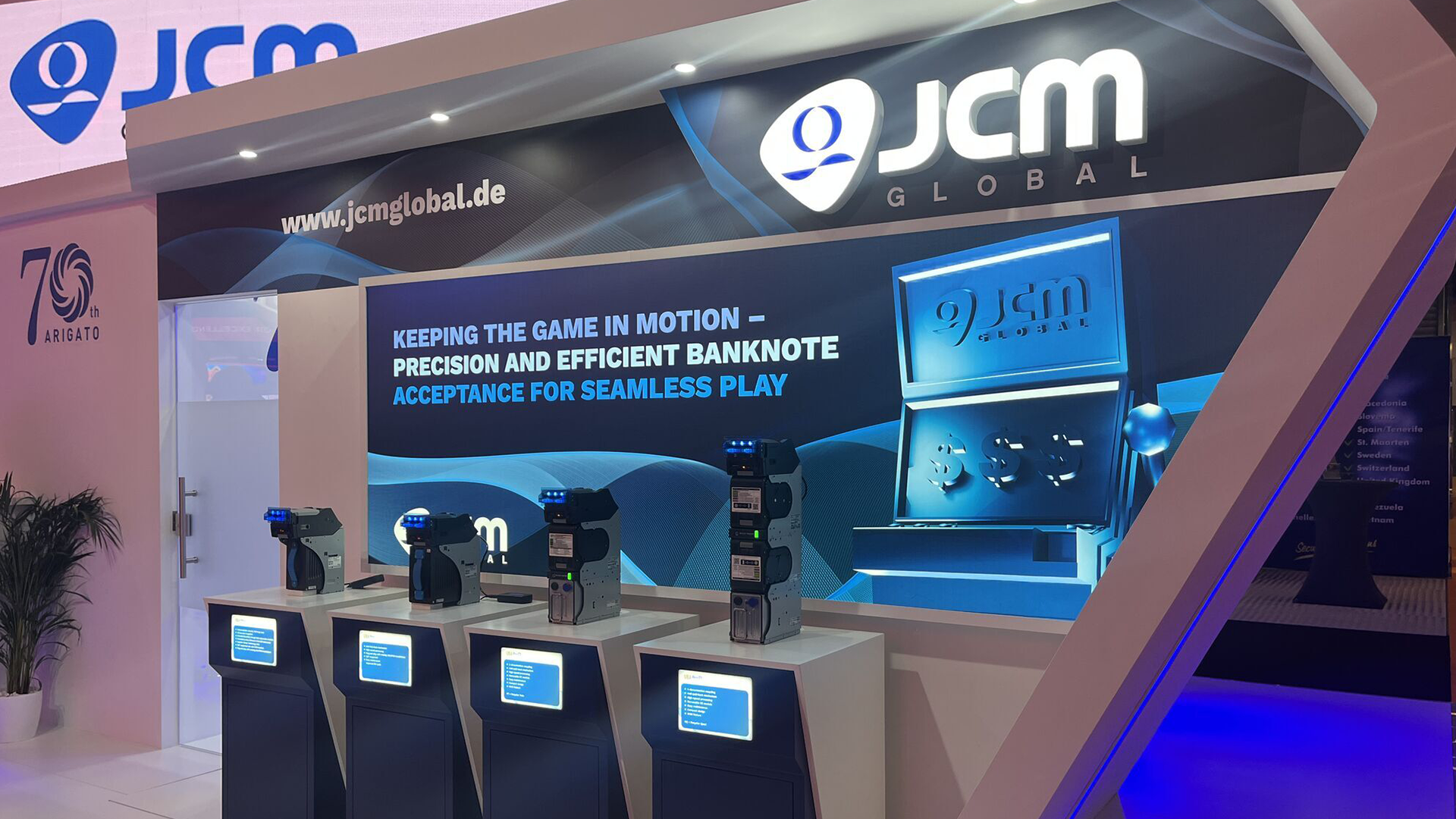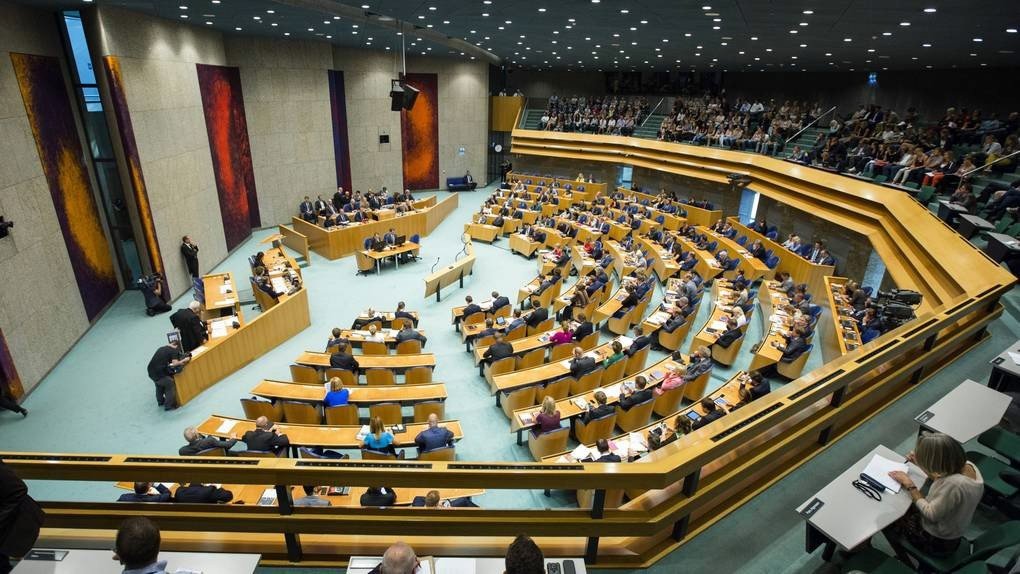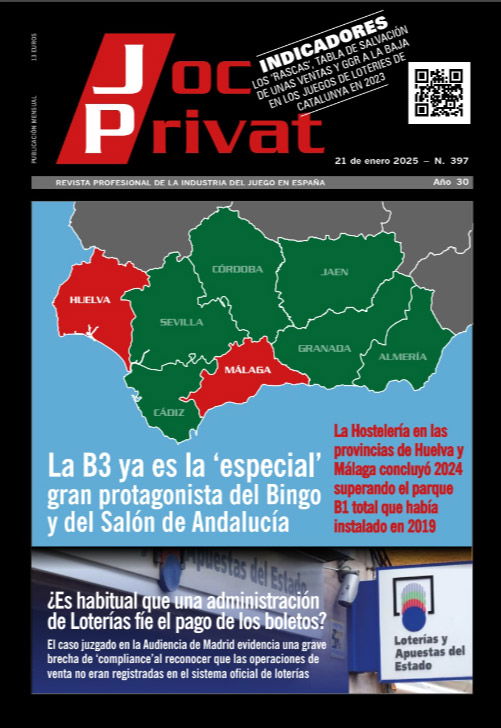Hudson Yards casino faces setback as Manhattan Borough President opposes rezoning

The proposed Hudson Yards casino project by Wynn Resorts and Related Companies has encountered a major obstacle as Manhattan Borough President Mark Levine formally announced his opposition to the rezoning plan. His stance adds to the growing challenges facing the bid, one of 11 proposals competing for three downstate New York casino licenses.
In an interview with Crain’s on February 14, Levine stated his outright rejection of the plan. “I’ve concluded that the plan as currently proposed is not good enough,” he said.
Levine’s opposition is largely tied to affordable housing concerns rather than the casino itself. The Western Rail Yards site, where the casino is proposed, falls under a 2009 agreement in which Related committed to developing between 3,454 and 5,700 residential units. The current $12 billion proposal includes only 1,500 apartments, with 324 designated as affordable housing.
With rental vacancy rates in Manhattan at under 2% and average rents nearing $5,000 per month, Levine stressed the urgent need for more housing. “There is no getting around the fact that we must create more housing, including affordable housing, to meet the need we see across the city,” he said in a statement.
Rendering of the proposed Huson Yards casino
Despite calls for more housing, Related maintains that additional modifications are financially unfeasible. Spokeswoman Natalie Ravits explained that the high costs associated with the site make further housing development impractical.
“The site cannot be developed without first paying for the $2 billion platform over the rail yards, and unfortunately, it is simply not viable to pay for the platform with housing,” she told Crain’s.
Ravits noted that Related has already made four revisions to the plan and engaged with community groups in 10 meetings. She defended the proposal as a balanced approach that preserves affordable housing commitments while also creating 5,000 permanent union jobs and 35,000 construction jobs.
While Levine’s opposition is not legally binding, it could influence the final decision on rezoning, which will be determined by the New York City Council later this year. Councilmember Erik Bottcher, whose district includes Hudson Yards, is expected to consider Levine’s position when making his decision.
Beyond the council, Levine also plays a key role by appointing a member a to six-member community board that will cast a binding vote on the casino proposal this summer. A project must secure at least four votes to advance. If Levine appoints a board member who opposes the Hudson Yards casino, Wynn and Related would need to win over four of the remaining five votes, making approval more difficult.
The project has already faced resistance from local organizations. Last month, a non-binding community board voted against it, and the advocacy group Friends of the High Line has also voiced opposition, arguing that the high-rise towers would obstruct views and reduce sunlight.
Hudson Yards is not the only casino bid facing obstacles. Other projects in Coney Island, the Bronx, and Queens also require zoning changes and have encountered similar pushback.



















































